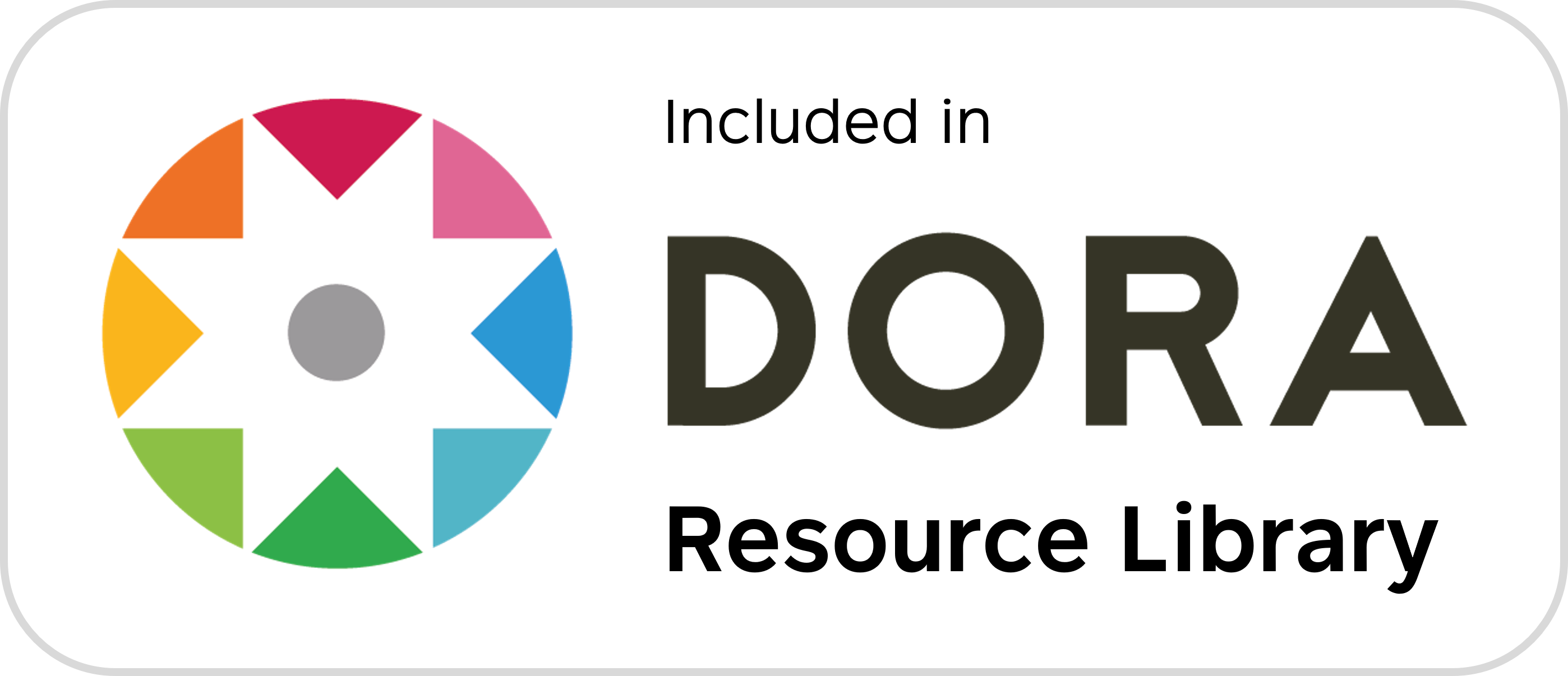Artificial Intelligence in Civic Education Finding a Balance between Technology and Teacher Roles
Keywords:
Artificial Intelligence (AI), Civic Education, Student Engagement, Learning Outcomes, Education EfficiencyAbstract
Objective: This study examines the role of Artificial Intelligence (AI) as both an innovative tool and a challenge in citizenship education at Islamic Vocational School Kanigoro. It aims to provide insights into how AI impacts educational practices, student engagement, and learning outcomes.
Methods: A qualitative approach was employed, utilizing observations and interviews to gather data from teachers and students. This method allowed for an in-depth exploration of the dynamics and implications of AI integration in the classroom.
Results: The study found that AI technologies, such as Quizizz and Kahoot, were effectively used to automate administrative tasks and personalize learning experiences, significantly improving educational efficiency and student engagement. AI-driven platforms provided tailored instructional content and rapid assessments, enhancing teaching methodologies and learning outcomes. However, challenges such as over-reliance on AI, privacy concerns, and potential algorithmic bias were identified.
Conclusion: This study highlights the transformative potential of AI in citizenship education while underscoring the importance of balancing technological innovation with human interaction. Effective integration of AI can enhance learning experiences and foster critical thinking and ethical reasoning among students. The findings advocate for continuous professional development for educators, ethical AI practices, and the preservation of human-centric educational values. Future research should explore diverse educational contexts to further understand the benefits and challenges of AI in education
Downloads
References
Akter, Shahriar, Samuel Fosso Wamba, Marcello Mariani, and Umme Hani. 2021. “How to Build an AI Climate-Driven Service Analytics Capability for Innovation and Performance in Industrial Markets?” Industrial Marketing Management 97:258–73. doi: https://doi.org/10.1016/j.indmarman.2021.07.014. DOI: https://doi.org/10.1016/j.indmarman.2021.07.014
Ammar, Mohammad, Noora J. Al-Thani, and Zubair Ahmad. 2024. “Role of Pedagogical Approaches in Fostering Innovation among K-12 Students in STEM Education.” Social Sciences & Humanities Open 9:100839. doi: https://doi.org/10.1016/j.ssaho.2024.100839. DOI: https://doi.org/10.1016/j.ssaho.2024.100839
Arbelaez Ossa, Laura, Michael Rost, Giorgia Lorenzini, David M. Shaw, and Bernice Simone Elger. 2023. “A Smarter Perspective: Learning with and from AI-Cases.” Artificial Intelligence in Medicine 135:102458. doi: https://doi.org/10.1016/j.artmed.2022.102458. DOI: https://doi.org/10.1016/j.artmed.2022.102458
Bhutoria, Aditi. 2022. “Personalized Education and Artificial Intelligence in the United States, China, and India: A Systematic Review Using a Human-In-The-Loop Model.” Computers and Education: Artificial Intelligence 3:100068. doi: https://doi.org/10.1016/j.caeai.2022.100068. DOI: https://doi.org/10.1016/j.caeai.2022.100068
Burström, Thommie, Vinit Parida, Tom Lahti, and Joakim Wincent. 2021. “AI-Enabled Business-Model Innovation and Transformation in Industrial Ecosystems: A Framework, Model and Outline for Further Research.” Journal of Business Research 127:85–95. doi: https://doi.org/10.1016/j.jbusres.2021.01.016. DOI: https://doi.org/10.1016/j.jbusres.2021.01.016
City, Surigao, Osias Kit T. Kilag, Toledo City, Academic Affairs, Loc Tho Ward, Nha Trang City, Khan Hoa Province, Class Teacher, Abu Dhabi, United Arab Emirates, Faith P. Dagala, Poblacion Toledo City, and Redgie G. Ubay. 2024. “Borderless Learning Environments :” 1(2):43–49.
Dai, Chih-Pu, and Fengfeng Ke. 2022. “Educational Applications of Artificial Intelligence in Simulation-Based Learning: A Systematic Mapping Review.” Computers and Education: Artificial Intelligence 3:100087. doi: https://doi.org/10.1016/j.caeai.2022.100087. DOI: https://doi.org/10.1016/j.caeai.2022.100087
Díaz-Rodríguez, Natalia, Javier Del Ser, Mark Coeckelbergh, Marcos López de Prado, Enrique Herrera-Viedma, and Francisco Herrera. 2023. “Connecting the Dots in Trustworthy Artificial Intelligence: From AI Principles, Ethics, and Key Requirements to Responsible AI Systems and Regulation.” Information Fusion 99:101896. doi: https://doi.org/10.1016/j.inffus.2023.101896. DOI: https://doi.org/10.1016/j.inffus.2023.101896
Guan, Chong, Jian Mou, and Zhiying Jiang. 2020. “Artificial Intelligence Innovation in Education: A Twenty-Year Data-Driven Historical Analysis.” International Journal of Innovation Studies 4(4):134–47. doi: https://doi.org/10.1016/j.ijis.2020.09.001. DOI: https://doi.org/10.1016/j.ijis.2020.09.001
Habbal, Adib, Mohamed Khalif Ali, and Mustafa Ali Abuzaraida. 2024. “Artificial Intelligence Trust, Risk and Security Management (AI TRiSM): Frameworks, Applications, Challenges and Future Research Directions.” Expert Systems with Applications 240:122442. doi: https://doi.org/10.1016/j.eswa.2023.122442. DOI: https://doi.org/10.1016/j.eswa.2023.122442
Jan, Zohaib, Farhad Ahamed, Wolfgang Mayer, Niki Patel, Georg Grossmann, Markus Stumptner, and Ana Kuusk. 2023. “Artificial Intelligence for Industry 4.0: Systematic Review of Applications, Challenges, and Opportunities.” Expert Systems with Applications 216:119456. doi: https://doi.org/10.1016/j.eswa.2022.119456. DOI: https://doi.org/10.1016/j.eswa.2022.119456
Khosravi, Hassan, Simon Buckingham Shum, Guanliang Chen, Cristina Conati, Yi-Shan Tsai, Judy Kay, Simon Knight, Roberto Martinez-Maldonado, Shazia Sadiq, and Dragan Gašević. 2022. “Explainable Artificial Intelligence in Education.” Computers and Education: Artificial Intelligence 3:100074. doi: https://doi.org/10.1016/j.caeai.2022.100074. DOI: https://doi.org/10.1016/j.caeai.2022.100074
Knell, Mark. 2021. “The Digital Revolution and Digitalized Network Society.” Review of Evolutionary Political Economy 2(1):9–25. doi: 10.1007/s43253-021-00037-4. DOI: https://doi.org/10.1007/s43253-021-00037-4
Leone, Daniele, Francesco Schiavone, Francesco Paolo Appio, and Benjamin Chiao. 2021. “How Does Artificial Intelligence Enable and Enhance Value Co-Creation in Industrial Markets? An Exploratory Case Study in the Healthcare Ecosystem.” Journal of Business Research 129:849–59. doi: https://doi.org/10.1016/j.jbusres.2020.11.008. DOI: https://doi.org/10.1016/j.jbusres.2020.11.008
Luckin, Rosemary, Mutlu Cukurova, Carmel Kent, and Benedict du Boulay. 2022. “Empowering Educators to Be AI-Ready.” Computers and Education: Artificial Intelligence 3:100076. doi: https://doi.org/10.1016/j.caeai.2022.100076. DOI: https://doi.org/10.1016/j.caeai.2022.100076
Skowronek, Michelle, Renée M. Gilberti, Michael Petro, Christopher Sancomb, Stacy Maddern, and Jasna Jankovic. 2022. “Inclusive STEAM Education in Diverse Disciplines of Sustainable Energy and AI.” Energy and AI 7:100124. doi: https://doi.org/10.1016/j.egyai.2021.100124. DOI: https://doi.org/10.1016/j.egyai.2021.100124
Song, Yanjie, Kaiyi Wu, and Jiaoyang Ding. 2024. “Developing an Immersive Game-Based Learning Platform with Generative Artificial Intelligence and Virtual Reality Technologies – ‘LearningverseVR.’” Computers & Education: X Reality 4:100069. doi: https://doi.org/10.1016/j.cexr.2024.100069. DOI: https://doi.org/10.1016/j.cexr.2024.100069
Su, Jiahong, and Yuchun Zhong. 2022. “Artificial Intelligence (AI) in Early Childhood Education: Curriculum Design and Future Directions.” Computers and Education: Artificial Intelligence 3:100072. doi: https://doi.org/10.1016/j.caeai.2022.100072. DOI: https://doi.org/10.1016/j.caeai.2022.100072
Syam, Niladri, and Arun Sharma. 2018. “Waiting for a Sales Renaissance in the Fourth Industrial Revolution: Machine Learning and Artificial Intelligence in Sales Research and Practice.” Industrial Marketing Management 69:135–46. doi: https://doi.org/10.1016/j.indmarman.2017.12.019. DOI: https://doi.org/10.1016/j.indmarman.2017.12.019
Zhang, Ke, and Ayse Begum Aslan. 2021. “AI Technologies for Education: Recent Research & Future Directions.” Computers and Education: Artificial Intelligence 2:100025. doi: https://doi.org/10.1016/j.caeai.2021.100025. DOI: https://doi.org/10.1016/j.caeai.2021.100025
Zhao, Fuzheng, Gi-Zen Liu, Juan Zhou, and Chengjiu Yin. 2023. “A Learning Analytics Framework Based on Human-Centered Artificial Intelligence for Identifying the Optimal Learning Strategy to Intervene in Learning Behavior.” Educational Technology & Society 26(1):132–46.
Downloads
Published
Issue
Section
License
Copyright (c) 2024 Muhammad Iqbal Baihaqi, Neni Fitriawati, Intan Sukmasakti Suwarno Putri, Yusri Karmila (Author)

This work is licensed under a Creative Commons Attribution-ShareAlike 4.0 International License.
Advances Educational Innovation (AEI) © 2024 by Inovasi Analysis Data is licensed under CC BY-SA 4.0



















